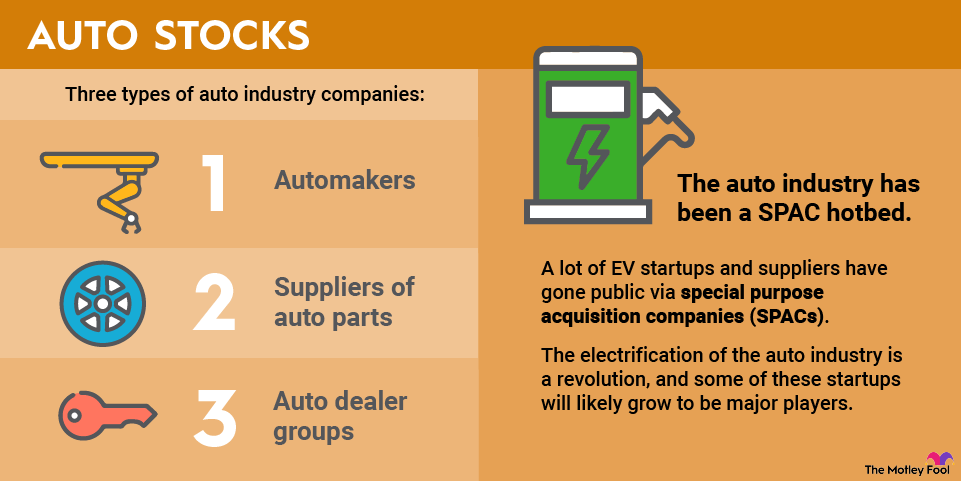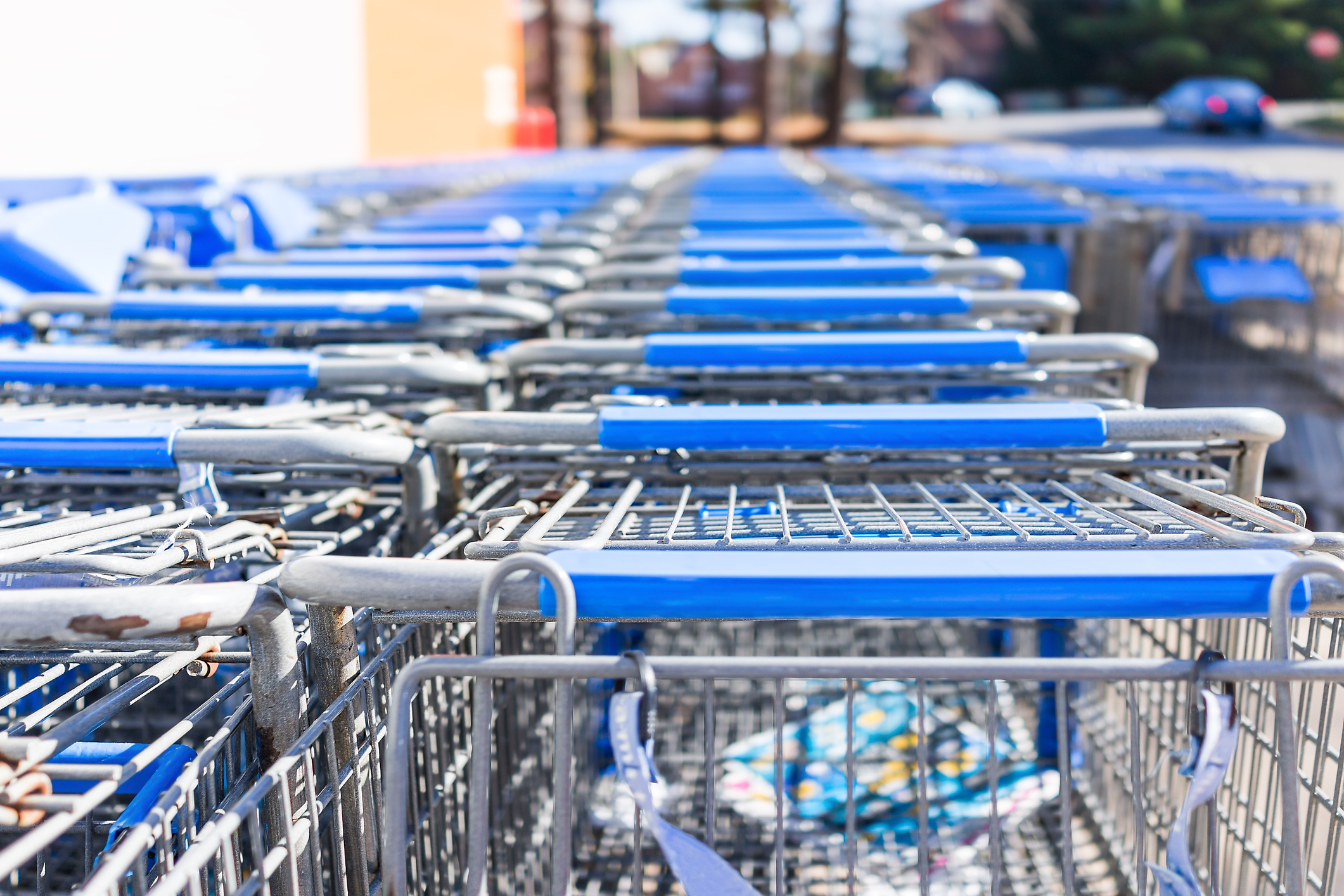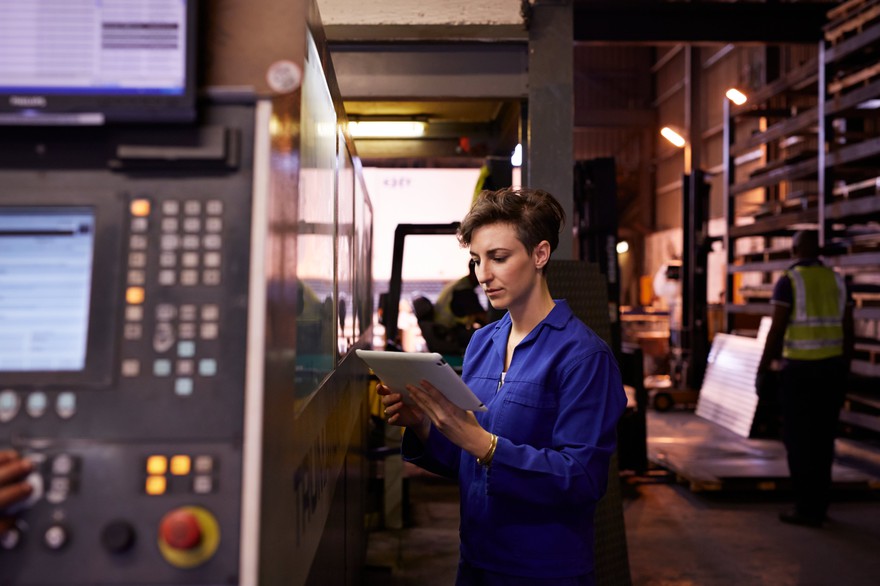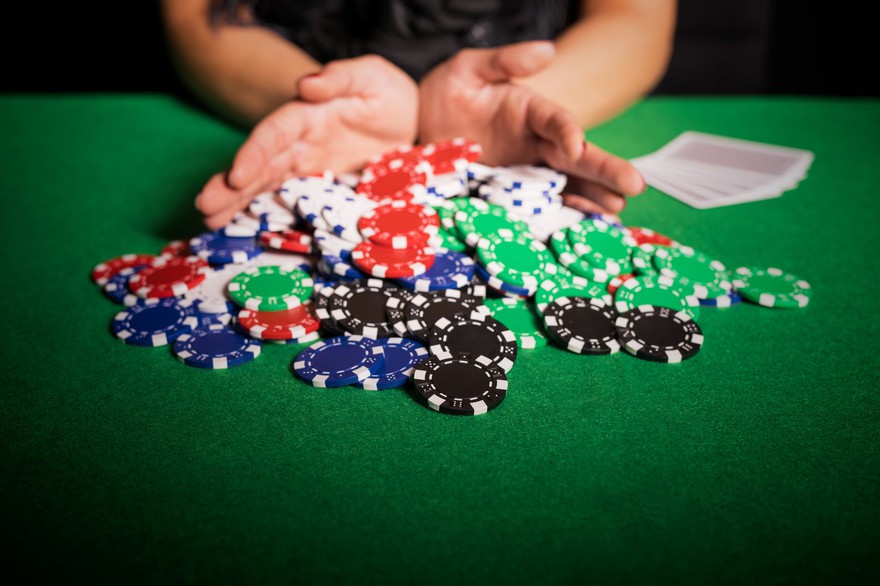It's easy to be bullish on travel and tourism stocks. Over the last few years, travel and tourism have boomed back as a top growth industry. Who couldn't use a vacation right now?
U.S. travel spending has historically grown between 2% and 4% annually, according to the U.S. Travel Association. Total U.S. travel spending is projected to reach up to $1.46 trillion (inflation-adjusted) by 2028. Travel and tourism is a broad category with a diverse list of well-known brands.
For people planning to invest money in travel companies, you have plenty of options.
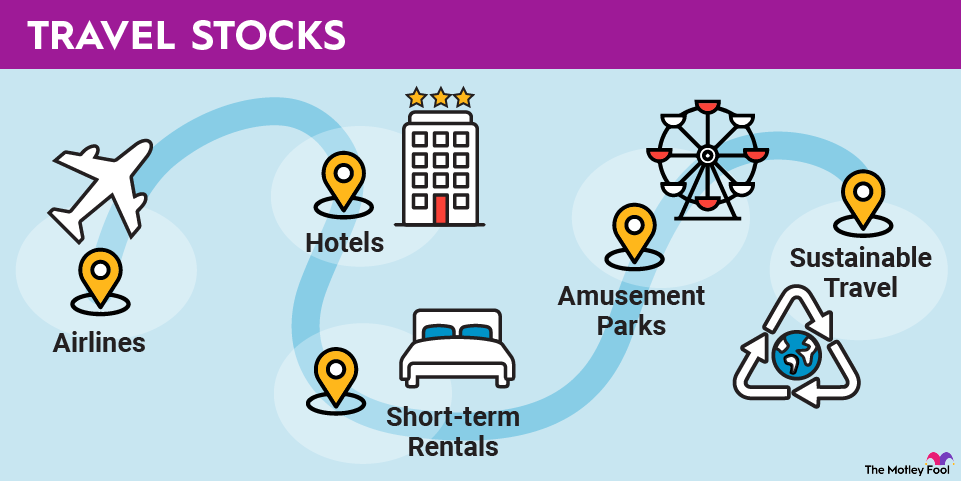
Best travel stocks to buy in 2026
There's a wide range of transportation, lodging, and amusement companies to get you to your destination and make sure you enjoy your stay. Since the companies vary so much, it's hard to nail down a single key metric to watch.
For example, some travel companies are asset-heavy transportation businesses like the airline industry and airline stocks. Many of these companies are broadly performing favorably for investors thanks to travel demand, despite the widely publicized headwinds facing a well-known U.S. company like Boeing (BA -0.31%). Other top picks are essentially tech companies.
The best travel and tourism stocks do share some traits, though -- namely, strong brand recognition, an easy-to-use website or app, and a loyal customer following. Here are some of the top travel and tourism companies.
| Name and ticker | Market cap | Dividend yield | Industry |
|---|---|---|---|
| Booking Holdings (NASDAQ:BKNG) | $165.1 billion | 0.75% | Hotels, Restaurants and Leisure |
| Marriott International (NASDAQ:MAR) | $85.7 billion | 0.83% | Hotels, Restaurants and Leisure |
| Airbnb (NASDAQ:ABNB) | $79.6 billion | 0.00% | Hotels, Restaurants and Leisure |
| Walt Disney (NYSE:DIS) | $185.2 billion | 1.20% | Entertainment |
| Uber Technologies (NYSE:UBER) | $168.0 billion | 0.00% | Road and Rail |
1. Booking Holdings

NASDAQ: BKNG
Key Data Points
Booking Holdings (BKNG +2.41%) is one of the largest online travel portals. It's the parent company of several popular travel booking sites, including:
- Booking.com.
- Priceline.com.
- Kayak.com.
- Rentalcars.com.
- Agoda.
Few companies have the ability Booking does to provide vacationers with a diverse set of travel planning and comparison tools. The travel company's global online reach should serve it well in the years to come.
Booking Holdings has done a great job of exceeding earnings and revenue expectations in recent quarters. The company is experiencing strong growth in its merchant, agency, and advertising revenue streams, driven by robust travel demand and investments in AI-driven tools as well.
2. Marriott International

NASDAQ: MAR
Key Data Points
Marriott International (MAR +1.26%) is one of the world's largest hotel companies, with more than 8,000 properties spread across over 140 countries. It's a holding company for dozens of brands, including:
- Marriott.
- Sheraton.
- Westin.
- The Ritz-Carlton.
- Courtyard Hotels.
- Residence Inn.
The company has an asset-light business model, which is unique compared to other real estate investment options. It earns fees for licensing its brands and managing properties to franchisees, so Marriott doesn't incur the expenses of actual property ownership. Marriott's extensive geographic reach, world-class brands, and global loyalty programs make it a steady, long-term, winning stock.
Like many other companies in the travel space, Marriott's revenue and profitability have rebounded in the last few years. New digital travel apps and guest reward initiatives hold ample promise to push the company's financials to fresh all-time highs in the years to come.
3. Airbnb

NASDAQ: ABNB
Key Data Points
Airbnb (ABNB +1.53%) has completely shaken up the world of travel and vacations. The online marketplace allows homeowners and property managers to list homes, condos, and other unique places to stay. It's amassed a vast number of listings across the globe. Many of them are in less-traveled neighborhoods and unique locations that hotel chains can't match.
Remote work has become more commonplace in recent years, and Airbnb has emerged as a beneficiary of this change in the global workforce, too. The company continuously upgrades its platform to meet the needs of both hosts and guests. A few recent upgrades included flexible-date search tools and offerings that make the process of becoming a host faster and easier.
There are also numerous countries where Airbnb has minimal listings, too. The stock hasn't gained in recent years, on par with the profitable expansion of the underlying business. However, Airbnb is a top growth stock worth considering, especially now that it touts lucrative profit margins to pair with its rate of expansion.
4. The Walt Disney Company

NYSE: DIS
Key Data Points
5. Uber Technologies

NYSE: UBER
Key Data Points
Top ride-hailing business Uber Technologies (UBER +0.99%) has turned over a new leaf. After years of bleeding cash as a high-growth technology darling, the company has grown up and is now highly profitable.
But why consider this a top travel stock? Uber facilitates tens of millions of short trips every single day. Many of these are for travelers and vacationers, as well as for groups headed to and from entertainment destinations.
As the world travels, Uber is ready to provide rides and could be a top beneficiary of the travel trend. Revenue is growing steadily, as are profits. Uber's ever-expanding user base and increased platform usage on top of its favorable financial growth are all green flags for the future of the business.

Tips for investing in travel stocks
The travel industry is broad, and encompasses everything from airlines and hotels to cruise lines and online travel agencies. Instead of putting all your money into one company, consider diversifying across different types of travel businesses or using a travel-focused ETF to manage your risk exposure in your portfolio.
Focus on financially resilient companies. The travel sector is sensitive to economic shifts, fuel costs, and labor issues. Companies with strong balance sheets, consistent earnings, and effective cost management tend to make the most resilient long-term investments.
Travel is a discretionary expense, so a recession or decline in consumer confidence can lead to a sharp drop in demand. That said, the high-end consumer has also proven more resilient to economic concerns. Companies catering to this demographic may offer more stable returns.
Related investing topics
Key travel industry trends
Travelers seem to be increasingly prioritizing unique, authentic, and immersive experiences over simple sightseeing. This is driving trends like culinary tourism, outdoor adventures, and travel to off-the-beaten-path destinations. A significant number of travelers are planning trips around major events, such as the Olympics, Formula 1 races, or large concerts and festivals.
Film and TV filming locations are also driving destination choices. There's a growing demand for wellness retreats focused on physical and mental well-being, including digital detoxes and spa weekends. Families are making up for lost time by planning large trips that cater to all ages, with quality time being the primary motivator.
The lines between work and leisure continue to blur, with remote work making it easier for people to work while traveling. Travelers are increasingly using AI tools for itinerary suggestions, budget management, and translation assistance.
Consumers are seeking a seamless booking experience and are often willing to book directly with providers to access better deals, loyalty perks, and highly customized options. Booking Holdings, Airbnb, Marriott International, Walt Disney, and Uber Technologies are all examples of companies focused on integrating AI, offering unique experiences, and accommodating the demand for flexible travel.





